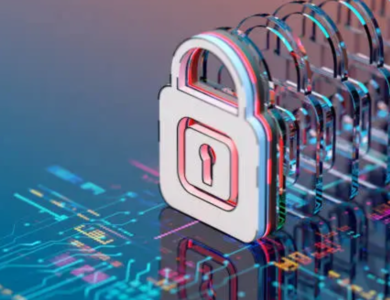How to self-educate effectively?

Today, it is not necessary to attend educational institutions to learn new skills and gain professional knowledge. The existence of a large number of online educational platforms, including free ones, leads to the fact that many people choose self-education as an effective tool for personal and professional development.
From programming to creating music, there are many resources on the Internet to learn a wide variety of skills. But for self-study to be truly beneficial, it is important to properly organize and plan the entire educational process. Selecting the right resources, scheduling, setting goals, staying motivated—each of these factors must be considered to achieve the desired outcome.
1. Set clear goals
For self-education to be productive, it is important to set clear, measurable, and, most importantly, achievable goals. For example, if you plan to study programming, choose the specific language and skills you want to master at the end of your studies, setting clear deadlines for mastering them.
2. Schedule
Once the goals are set, the next step is to plan the self-study. To see results, you need to practice regularly, adhering to a clear schedule. Self-education requires discipline since here you control the entire educational process.
Therefore, when planning, it is important to critically evaluate your capabilities. The study load should be sufficient to achieve the goal, but at the same time not lead to burnout and loss of motivation.
3. Choose the right resources
Another important success factor is the choice of good educational resources. Although you can find a huge number of educational platforms and sites with materials and lectures on a wide variety of subjects on the Internet, not all of them will be useful for your purposes.
First, you should choose courses created by professionals or people who are well versed in the topic. Second, the information provided and the skills being learned must be up-to-date.
4. Find like-minded people
If you find it difficult to maintain discipline in your studies on your own, try to find people with whom you can work together towards achieving similar educational goals. Discussion of the studied materials, team problem solving, recommendations for improving the effectiveness of the educational process – all this can speed up learning, as well as improve the quality of tasks performed.

visit us: Stars Academy Iqbal Town
5. Track progress
Through self-education, most people seek to learn skills that will help them advance their careers or achieve personal goals. Self-development is a continuous process, therefore, the successful implementation of one goal should be followed by work on new tasks. Tracking progress helps you see the big picture, what knowledge you already have and what skills you have yet to master.
6. Don’t forget to rest
Excessive enthusiasm can lead to burnout and loss of motivation. Therefore, it is important to plan not only the educational process but also the rest. For example, you can self-educate 4-5 days a week (1-2 hours a day), and devote the rest of the days to tasks that are not related to academic assignments. New information is processed and assimilated much more efficiently when you are engaged in limited periods, paying enough attention to rest, physical activity, and good nutrition.
7. Stay motivated
Although motivation alone is not enough to maintain discipline in achieving goals, it is important for maintaining enthusiasm and enjoying the learning process. One way to stay motivated is to reward yourself for good performance. For example, if you pass a test or study a difficult section, reward yourself for your efforts with your favorite food or a good time with friends.
8. Move forward step by step
Big goals can be daunting, so break them down into many sub-goals that will help you progress and keep you motivated. It is also important to remember that it is not possible to be highly productive every day.
Everyone has days when it’s hard to force yourself to educate yourself. At times like these, remind yourself that doing even one small task that gets you closer to your goal is better than doing nothing. 5 new words learned, 1 page read, 1 problem solved – these small achievements are still achievements.
Self-education never ends, there will always be new skills and knowledge that can benefit you. Remember that practice is the way to perfection. Move forward step by step, constantly setting new goals and becoming the best version of yourself.
read more
What are the important topics to be covered under IBPS SO Syllabus?


